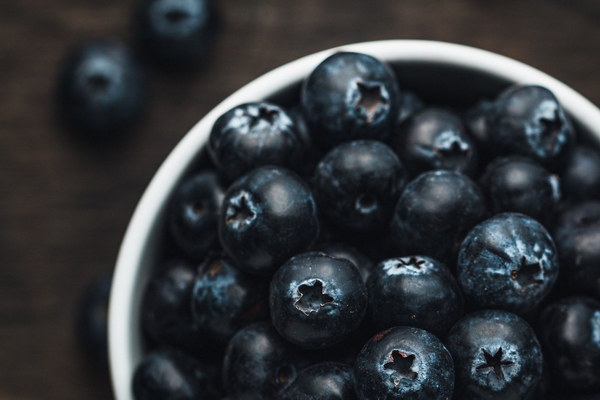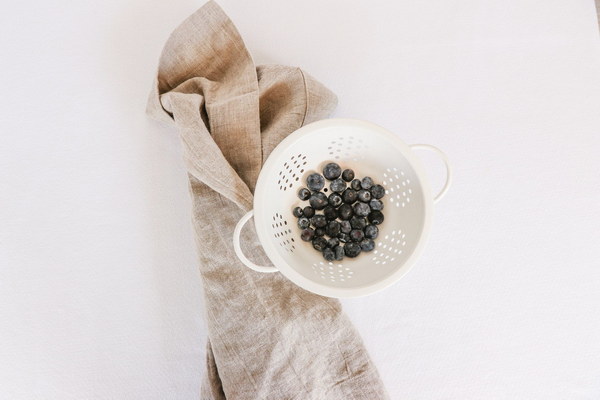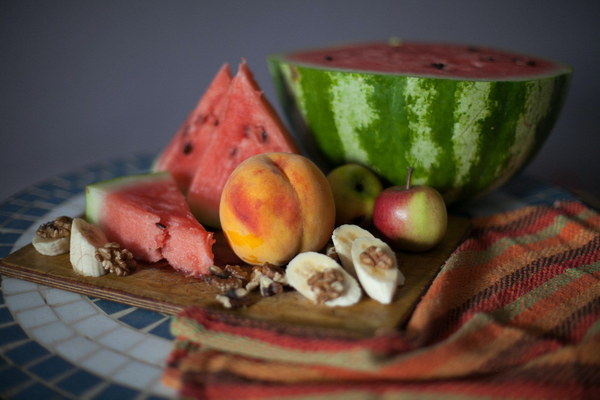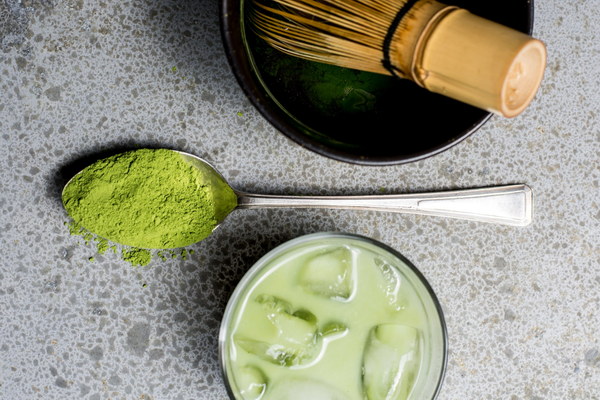Unveiling the Power of Winter Melon Natural Remedies for Dampness Relief
In the realm of traditional Chinese medicine, winter melon (or huanggua) is a versatile and cherished ingredient known for its numerous health benefits. One of its standout properties is its ability to alleviate dampness in the body, a condition that can lead to a host of discomforts. If you're looking to boost your well-being and find relief from dampness, here's how winter melon can be your go-to remedy.

Understanding Dampness
In traditional Chinese medicine, dampness is a concept that refers to an imbalance of fluids in the body, which can manifest in various ways. Symptoms of dampness include fatigue, weight gain, bloating, joint pain, and a general feeling of heaviness. It's believed that dampness can be caused by factors such as poor diet, excessive moisture in the environment, and a weakened immune system.
Winter Melon: The Dampness-Buster
Winter melon, also known as Ben incarnate in Chinese, is a low-calorie, high-water-content fruit that is particularly effective in resolving dampness. Here's how it works:
1. Diuretic Properties: Winter melon is a natural diuretic, which means it helps the body expel excess fluid. By doing so, it can reduce bloating and alleviate the symptoms of dampness.
2. Soothing the Digestive System: It's often used to improve digestion and reduce the buildup of dampness in the gastrointestinal tract.
3. Boosting the Immune System: The melon's immune-boosting properties can help ward off infections that are often associated with dampness.
4. Antioxidant and Anti-inflammatory: It contains antioxidants and anti-inflammatory compounds that can help reduce inflammation and improve overall health.
How to Use Winter Melon for Dampness
Here are some practical ways to incorporate winter melon into your diet to combat dampness:
1. Winter Melon Soup: This is a classic and soothing dish. Simply peel and cube the winter melon, then simmer it with pork bones or chicken frames in water until tender. Season with salt and pepper to taste.
2. Winter Melon and Pork: Combine diced winter melon with pork belly in a slow cooker or pot. Season with soy sauce, ginger, and a pinch of sugar, then cook until the pork is tender.
3. Winter Melon Salad: Shred the winter melon and toss it with fresh herbs, such as cilantro or mint, and a simple dressing of olive oil, lemon juice, and salt.
4. Winter Melon Tea: Boil slices of winter melon in water for several minutes to make a refreshing and hydrating tea.
Precautions and Considerations
While winter melon is generally safe for most people, there are a few precautions to keep in mind:
- Allergies: If you have a known allergy to winter melon or any related plants, avoid consuming it.
- Medication Interaction: Consult with a healthcare provider if you're taking medications, as winter melon can interact with certain drugs.
- Pregnancy: It's best to consult a healthcare provider before consuming winter melon during pregnancy, as the effects on fetal development are not fully understood.
Conclusion
Winter melon is not just a delicious addition to your diet; it's a powerful ally in the fight against dampness. By incorporating it into your meals and drinks, you can enjoy its many health benefits and help maintain a balanced and healthy body. Embrace the natural properties of winter melon and let it be your companion in the journey towards wellness.









